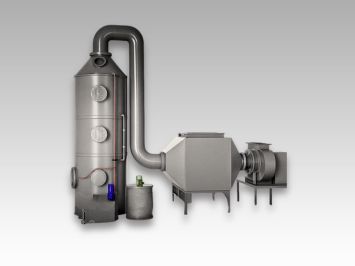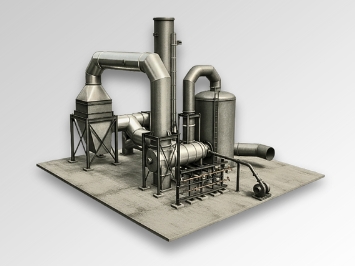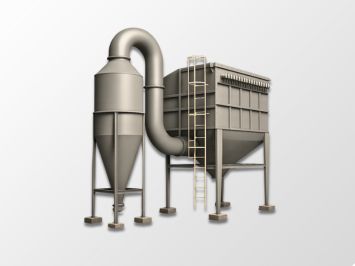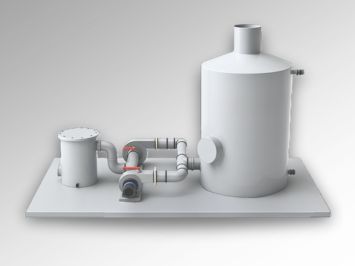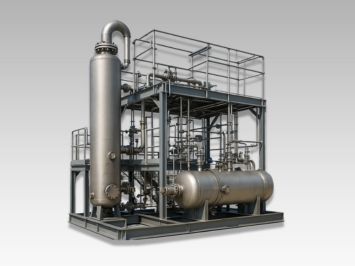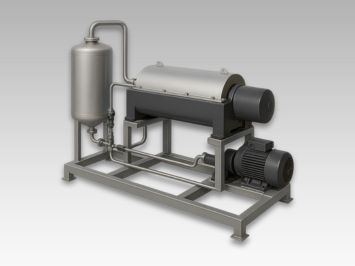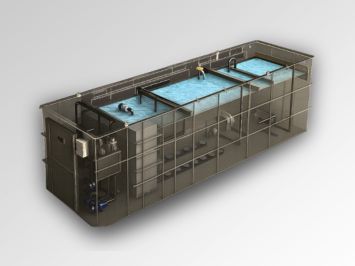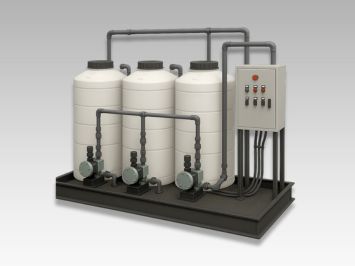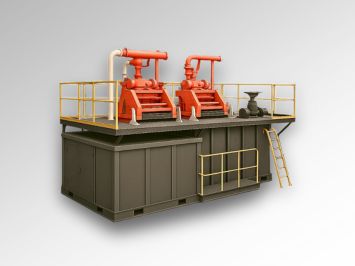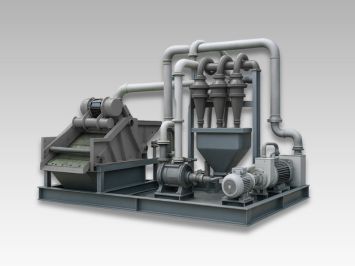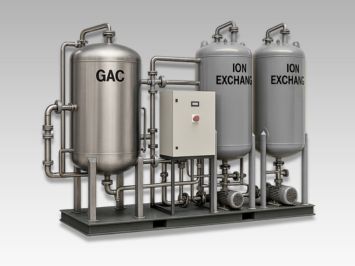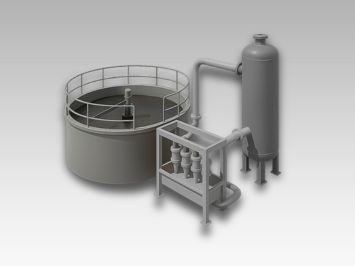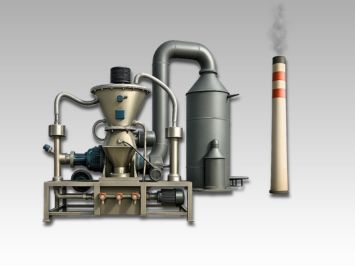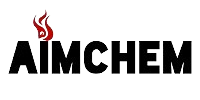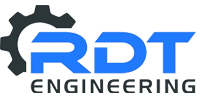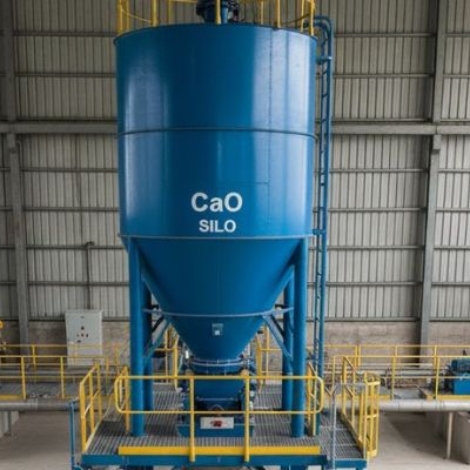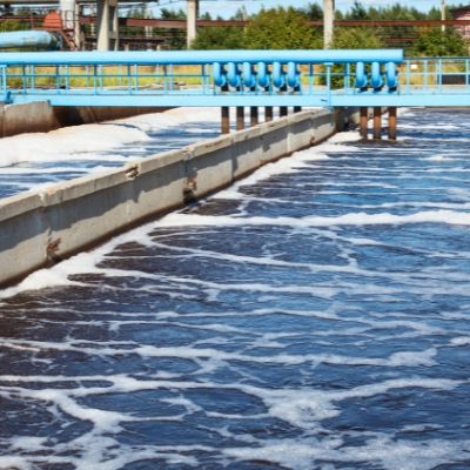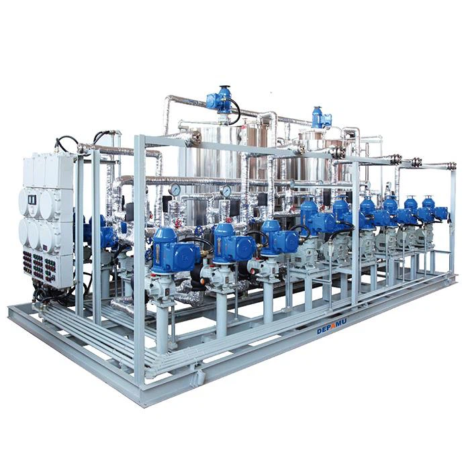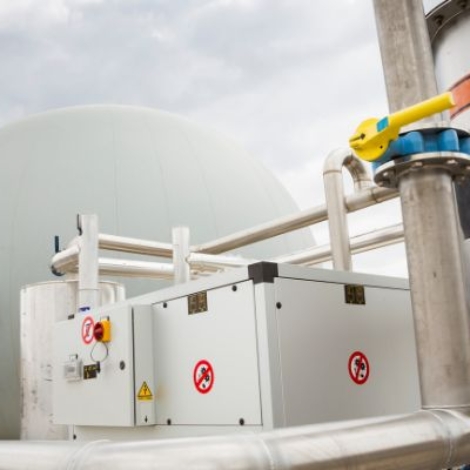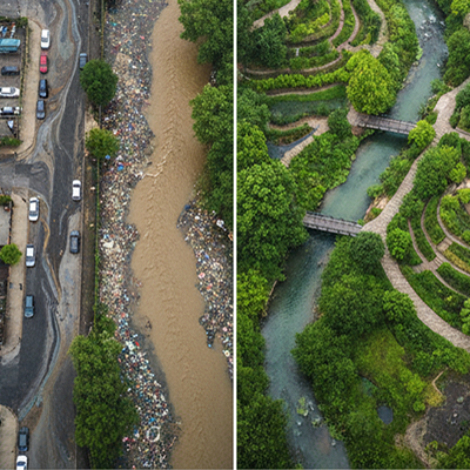AIMEQUIP
Pioneer in Wastewater and
Environmental Solutions
AIMEQUIP, is an Australian-based engineering solutions and industrial machinery provider specialising in water, wastewater, gas handling systems, solid controls and environmental & waste management sectors.
About AIMEQUIP
Engineering-led wastewater, clean-gas & environmental solutions
AIMEQUIP is an Australian-owned engineering company delivering turnkey treatment systems and high-reliability equipment for industry and utilities. We design, supply, install and commission DAF and MBR plants; screening, solids control and dewatering; gas scrubbers, carbon and biofiltration; and chemical dosing and material-handling systems. Built to Australian standards and supported locally, we focus on practical, cost-effective outcomes from concept to commissioning.
Products Categories

Separation Technology
Separation is a crucial process in industries such as wastewater treatment, that effectively separates solid particles from the liquid phase in a mixture.

Dewatering Solutions
Dewatering is an essential process in wastewater and sewage treatment. It effectively reduces the excess water and moisture content of sludges or slurries generated during water treatment.

Wastewater Treatment Systems
Wastewater treatment systems are an essential physical, chemical, and biological processes to purifying contaminated water before it is discharged back into the environment.

Material Handling
Material handling in wastewater treatment involves the efficient movement and management of various materials and components within treatment facilities.
Our Solutions
Innovative Solutions
for a Cleaner Tomorrow
We Have
Revolutionized wastewater treatment with
high technologies and sustainable solutions
What's Up
Recent Environmental News and Articles

